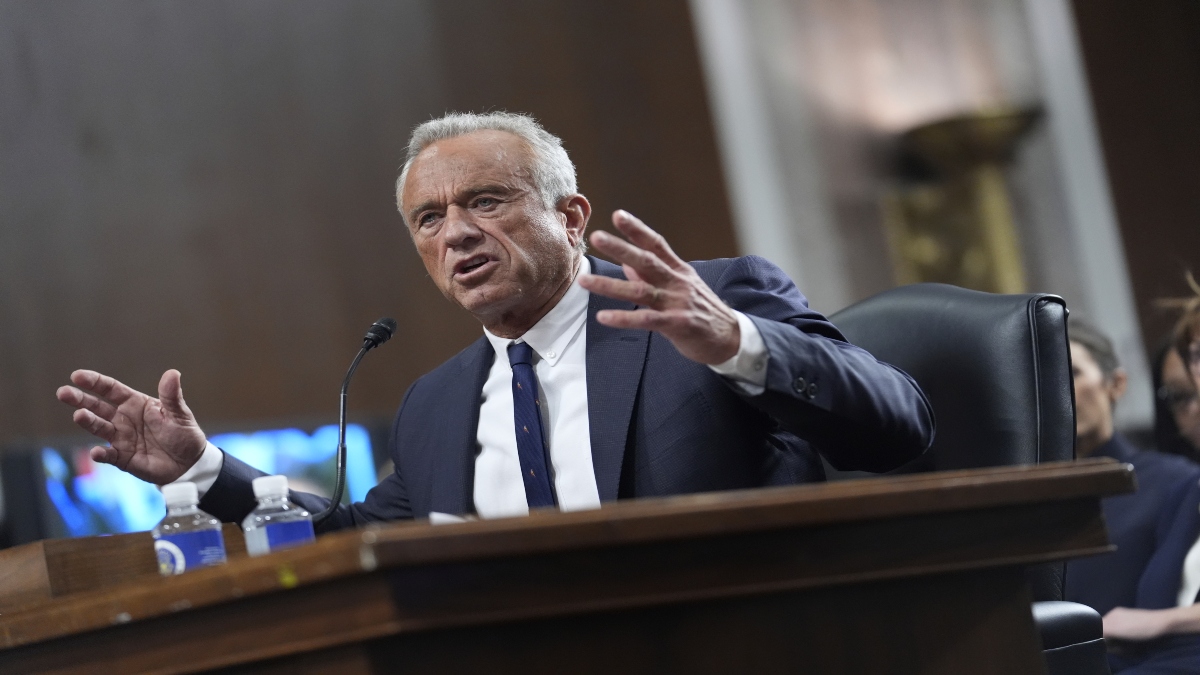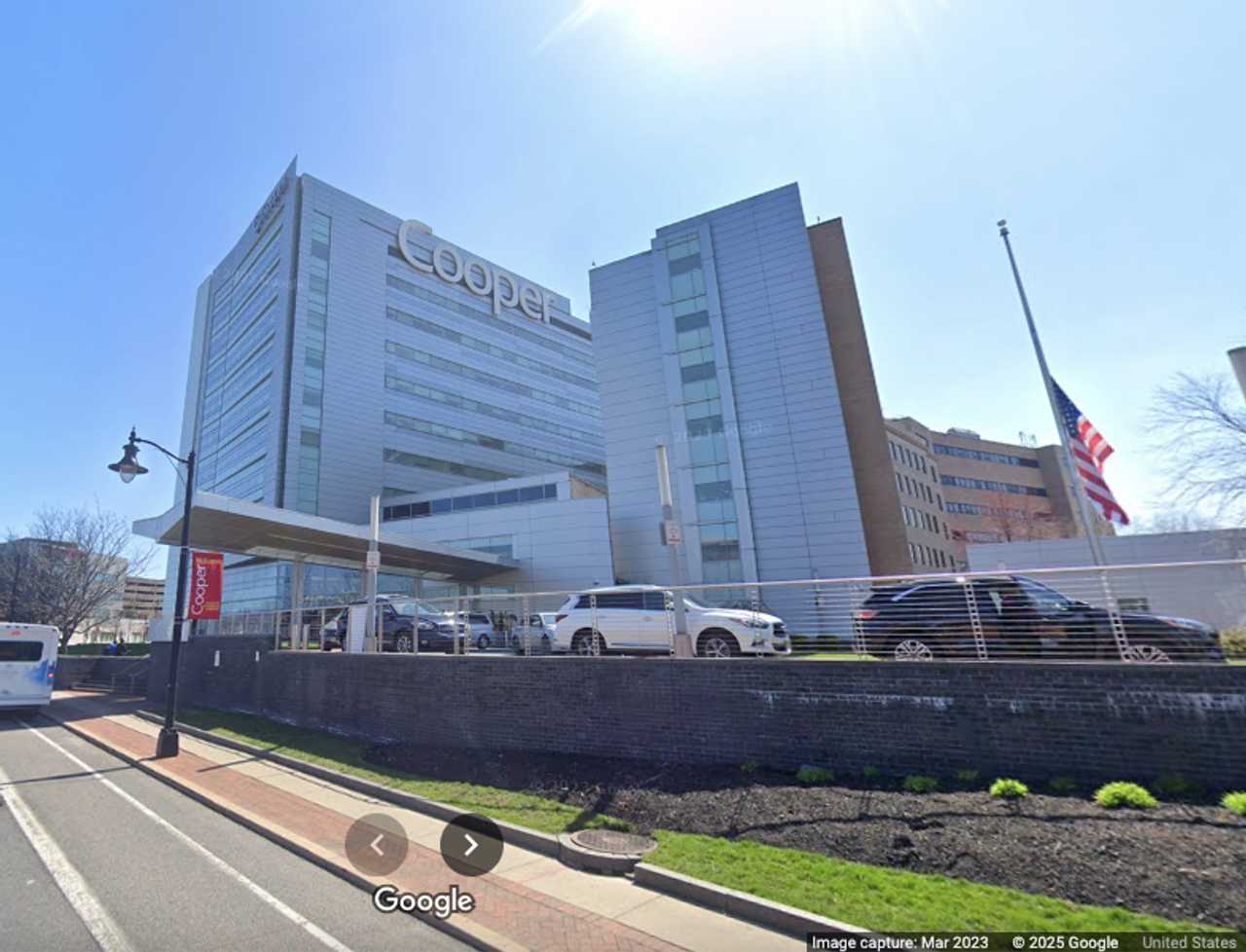AI Authorship Claims Surround Trump Admin's 'Make America Healthy Again' Report on Child Health
)
Claims of artificial intelligence (AI) involvement in the creation of the controversial 'Make America Healthy Again' (MAHA) report, released last week by the Trump administration, are sparking debate and raising serious questions about the integrity of the research. The report, a key output of the 14-member commission bearing the same name and closely associated with Health Secretary Robert F. Kennedy Jr., aimed to assess the state of child health in the United States.
The Controversy: AI-Generated Content?
The MAHA report, a lengthy document packed with statistics and recommendations, has come under scrutiny due to alleged similarities between its language and content and outputs generated by AI writing tools. Critics point to phrases and sentence structures that appear remarkably consistent with those produced by large language models, fueling speculation that AI may have played a significant role in drafting the report.
While the commission, led by Kennedy Jr., maintains that the report is the product of dedicated research and analysis, the accusations are not easily dismissed. The timing of the report's release, coinciding with rapid advancements in AI technology, has only intensified the focus on its origins.
The 'Make America Healthy Again' Commission: A Closer Look
The commission itself has been a subject of scrutiny. Composed of 14 members, including Kennedy Jr., it was established to investigate and propose solutions for improving the health and well-being of American children. However, Kennedy Jr.'s controversial views on vaccines and public health have drawn criticism and raised concerns about the commission's objectivity and potential bias.
The report's findings are presented as a comprehensive overview of the challenges facing child health in the US, citing issues such as childhood obesity, mental health concerns, and access to healthcare. It proposes a range of policy recommendations, from promoting healthier diets to expanding access to mental health services.
Why This Matters: Implications for Policy and Trust
The allegations of AI involvement in the MAHA report have far-reaching implications. If proven true, it would undermine the credibility of the report and the policy recommendations it contains. It also raises broader questions about the potential for AI to be used to generate misleading or inaccurate information, particularly in the realm of public policy.
Furthermore, the controversy highlights the importance of transparency and accountability in government research. Ensuring the integrity of data and analysis is crucial for building public trust and making informed decisions.
Moving Forward: Calls for Investigation and Scrutiny
Calls for a thorough investigation into the report's creation are growing. Experts in AI and data science are urging for a detailed analysis of the text to determine the extent of AI's potential involvement. The outcome of this investigation will be critical in shaping the public's understanding of the MAHA report and its impact on child health policy.
The debate surrounding the MAHA report serves as a stark reminder of the evolving challenges posed by AI and the need for robust safeguards to ensure the accuracy and integrity of information in the digital age. It’s a conversation that will undoubtedly continue as AI technology becomes increasingly integrated into various aspects of our lives.

:max_bytes(150000):strip_icc():focal(976x484:978x486)/Dave-Mason-060325-66d96446bc6845959a0002cd2423ee57.jpg)




